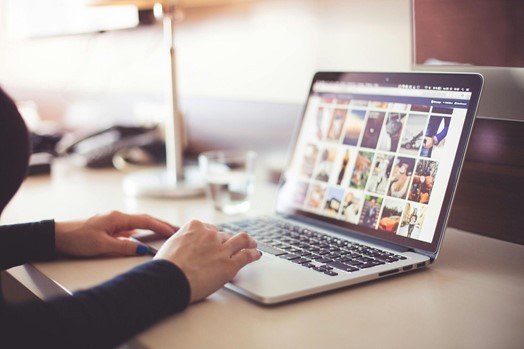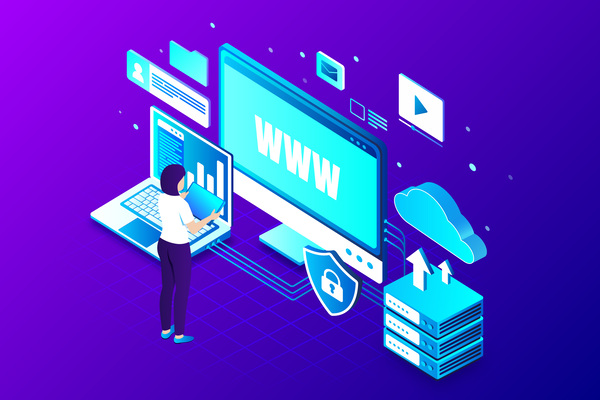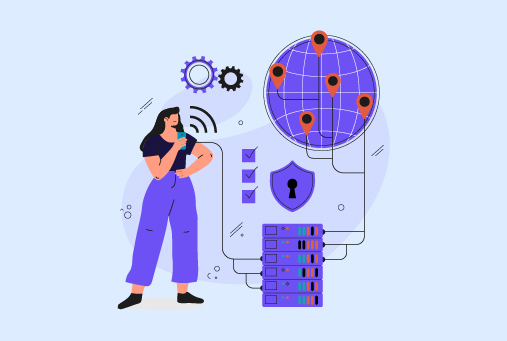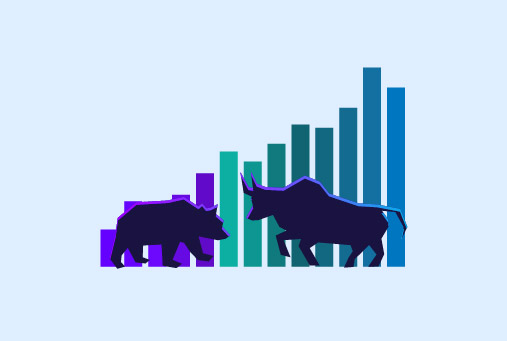
What Your Clicks Are Saying About You? Here’s How a VPN Helps You Stay Protected!
Every time you click on something online, you’re leaving a trail. It may sound insignificant (a search here, a scroll there), but it adds up quickly. Soon enough, companies will have a pretty good idea of your habits, your interests, and even your location. Most of this goes on behind your back, without you ever explicitly agreeing to it!
That’s where a VPN can be a real lifesaver. It doesn’t solve every problem, but it does put you in a better position to have more control.
What Your Clicks Really Reveal
Every tap, click, or search leaves a trail behind it. This is evident in almost any industry. For example, in the UK, many online retailers monitor browsing behavior to build profiles for targeted ads. It’s legal, but it’s an example of how much companies can learn from simple interactions. Without clear rules and accountability, that information will spread further than you ever intended!
That’s why using platforms with real oversight matters. Regulated operators face audits, follow privacy laws, and keep personal data behind proper encryption. This idea has proven itself to be particularly important in the online casino industry. That’s why, for instance, the best online poker sites in the Australia region follow strict national standards to protect players. They use encrypted systems, limit unnecessary tracking, and give users control over how their information is handled.
But a VPN gives you one more level of protection by hiding your true location and cutting the connection between your activity and identity.
But How Websites Track Users’ Moves
Cookies are the most obvious tool, small files that remember what you clicked, what you searched, and how long you stayed.
Other tracking programs are more difficult to detect. Invisible pixels load in the background and gather information such as how fast you scroll or move the mouse pointer. That information is passed around on networks, and connects your activity from one website to another. It’s how ads seem to follow you long after you have closed the page.
The Risks of Leaving Your Trail Unprotected
And when your digital trail is out and visible, it’s open season for anyone to use your information. The more data out there, the easier it is for other people to guess your moves. Algorithms start shaping what you see, repeating the same viewpoints and limiting the range of information you get. Public Wi-Fi is even worse. In airports, cafes, or hotels, someone sitting a few tables away can spy on you.
A VPN Changes the Game
A VPN makes your location anonymous. Instead of sending your connection directly to your city or network, it directs your connection to another server. That’s why it’s useful both for privacy and for accessing content that might be locked in your region.
Used regularly, a VPN makes your online activity private again; as it should have been in the first place.
Picking Privacy Tools That Work
There is no shortage of services offering to guard your data, but not all of them hold up when tested. So, make sure to stick to tools that use proven security standards like AES-256 encryption and leak protection.
A tool only helps if you actually use it, so design counts. Clunky interfaces kill consistency. Look for apps that work across devices (phone, laptop, tablet) with minimal setup. Bonus points if you can set it and forget it!
It’s also worth checking who’s behind the product. Of course, real user feedback is equally important. And if there is a free trial or a money-back period, take advantage of it. It’ll only take a few days for you to figure out if the tool fits your needs.





